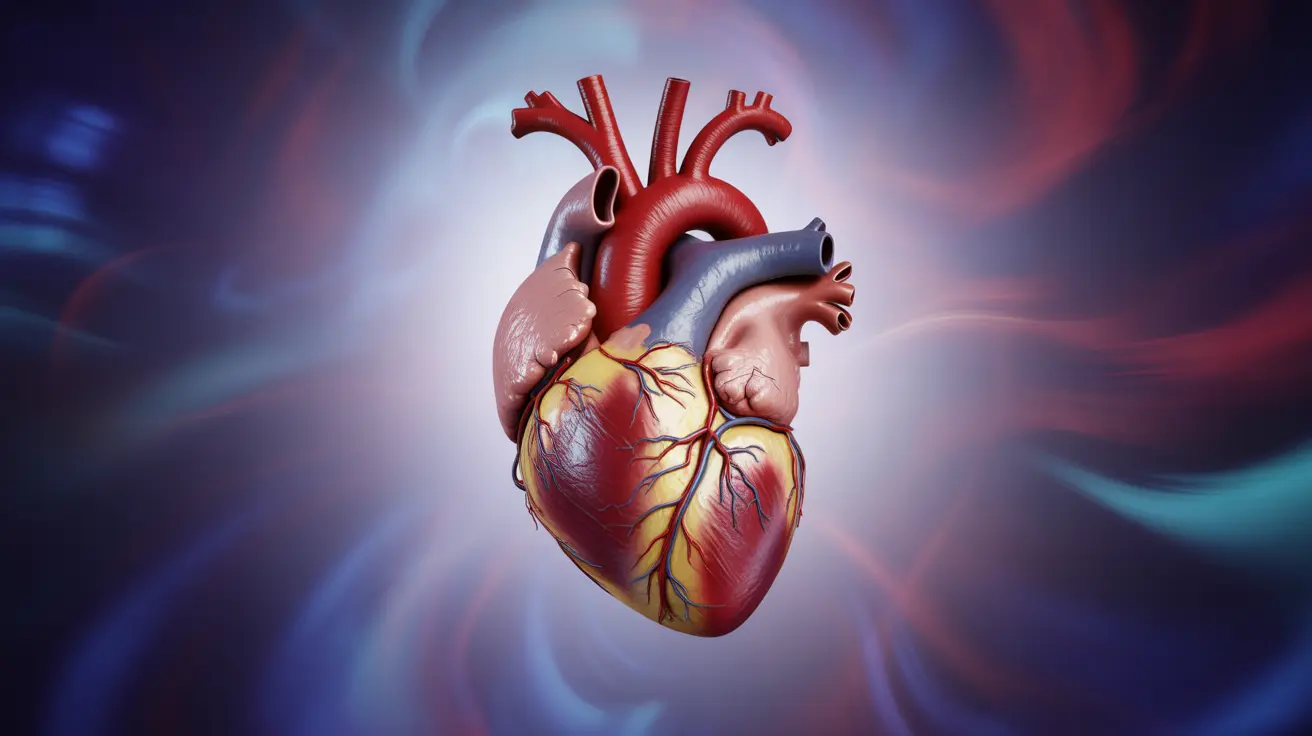Holiday heart syndrome is a concerning cardiovascular condition that can occur during periods of excessive alcohol consumption, particularly common during festive seasons. While the name might sound casual, this condition raises serious questions about its potential fatal consequences and health implications that deserve careful attention.
Understanding the severity and risks associated with holiday heart syndrome is crucial for anyone who engages in holiday celebrations involving alcohol. This comprehensive guide explores the potentially life-threatening aspects of this condition, its symptoms, treatment options, and essential prevention strategies.
Understanding Holiday Heart Syndrome and Its Potential Dangers
Holiday heart syndrome occurs when otherwise healthy individuals experience irregular heart rhythms (arrhythmias) following episodes of heavy drinking. While not always fatal, this condition can lead to serious complications that require immediate medical attention.
The most common type of arrhythmia associated with holiday heart syndrome is atrial fibrillation (AFib), which can increase the risk of blood clots and potentially lead to stroke or other cardiovascular complications.
Recognition of Warning Signs and Symptoms
Identifying the symptoms of holiday heart syndrome early is crucial for preventing potentially dangerous complications. Common symptoms include:
- Irregular or racing heartbeat
- Heart palpitations
- Chest pain or discomfort
- Shortness of breath
- Dizziness or lightheadedness
- Anxiety
- Fatigue
Treatment Approaches and Medical Management
When holiday heart syndrome causes irregular heartbeat, several treatment approaches may be necessary:
- Immediate cessation of alcohol consumption
- Monitoring of heart rhythm and vital signs
- Medications to control heart rate and rhythm
- Hydration therapy
- Electrolyte replacement if needed
In severe cases, medical intervention might include:
- Emergency cardioversion
- Anti-arrhythmic medications
- Hospitalization for monitoring
Prevention and Lifestyle Modifications
Preventing holiday heart syndrome involves making conscious lifestyle choices, particularly during festive periods:
- Set and stick to alcohol consumption limits
- Stay well-hydrated with non-alcoholic beverages
- Maintain regular sleep patterns
- Manage stress levels effectively
- Continue regular exercise routines
- Avoid excessive caffeine intake
Long-term Complications and Health Risks
Holiday heart syndrome can potentially lead to serious health complications if left unaddressed:
- Increased risk of stroke
- Development of chronic arrhythmias
- Heart failure complications
- Cardiovascular system damage
- Increased risk of future cardiac events
Frequently Asked Questions
Can holiday heart syndrome be fatal or kill you?
While holiday heart syndrome itself rarely causes immediate death, it can lead to potentially fatal complications if left untreated. The irregular heart rhythms it causes can increase the risk of stroke, heart failure, or other serious cardiac events that could be life-threatening.
What are the common symptoms of holiday heart syndrome after binge drinking?
Common symptoms include irregular heartbeat, palpitations, chest discomfort, shortness of breath, dizziness, and anxiety. These symptoms typically appear within 24-48 hours after heavy alcohol consumption.
How is holiday heart syndrome treated and managed if it causes irregular heartbeat?
Treatment typically involves immediately stopping alcohol consumption, monitoring heart rhythm, and possibly administering medications to control heart rate and rhythm. Some cases may require emergency medical intervention or hospitalization for proper management.
What lifestyle changes help prevent holiday heart syndrome during holidays?
Key prevention strategies include limiting alcohol intake, staying hydrated, maintaining regular sleep patterns, managing stress, and continuing regular exercise routines. It's also important to avoid mixing alcohol with energy drinks or excessive caffeine.
Can holiday heart syndrome lead to serious complications like stroke or heart failure?
Yes, holiday heart syndrome can potentially lead to serious complications including stroke, chronic arrhythmias, and heart failure. The risk increases with repeated episodes and underlying cardiovascular conditions.




